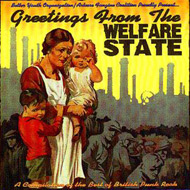 by Walter E. Williams –
by Walter E. Williams –
Benjamin Franklin, statesman and signer of our Declaration of Independence, said: “Only a virtuous people are capable of freedom. As nations become corrupt and vicious, they have more need of masters.” John Adams, another signer, echoed a similar statement: “Our Constitution was made only for a moral and religious people. It is wholly inadequate to the government of any other.” Are today’s Americans virtuous and moral, or have we become corrupt and vicious? Let’s think it through with a few questions.
Suppose I saw an elderly woman painfully huddled on a heating grate in the dead of winter. She’s hungry and in need of shelter and medical attention. To help the woman, I walk up to you using intimidation and threats and demand that you give me $200. Having taken your money, I then purchase food, shelter and medical assistance for the woman. Would I be guilty of a crime? A moral person would answer in the affirmative. I’ve committed theft by taking the property of one person to give to another. [Read more…]

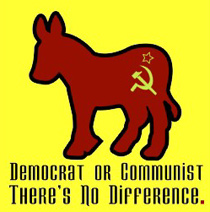 by William Sullivan –
by William Sullivan – by Rabbi Aryeh Spero –
by Rabbi Aryeh Spero – by Arnold Ahlert –
by Arnold Ahlert – by Emil W. Henry, Jr. –
by Emil W. Henry, Jr. –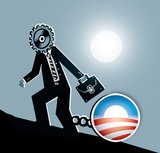 The Washington Times –
The Washington Times –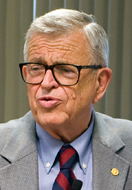
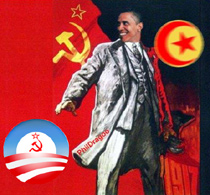 by Peter Ferrara –
by Peter Ferrara –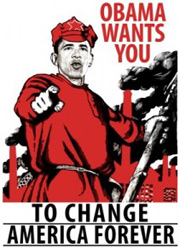 by Ralph R. Reiland –
by Ralph R. Reiland –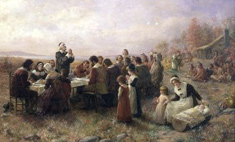 Economic Freedom –
Economic Freedom –